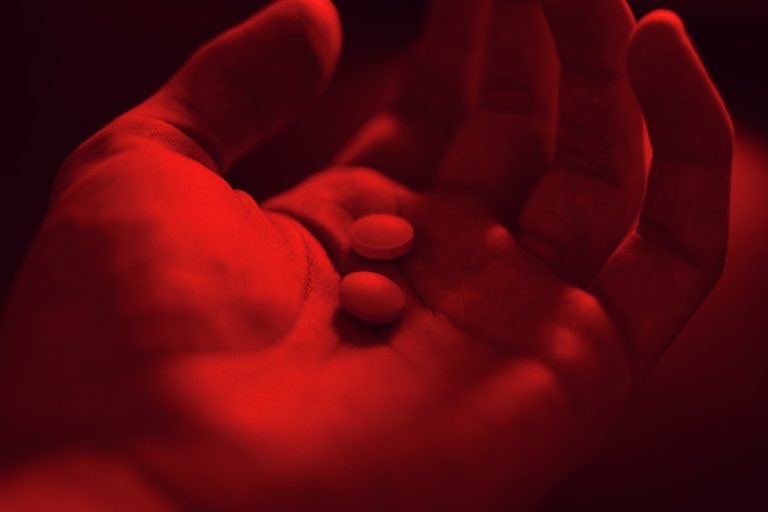Medication for attention-deficit hyperactivity disorder (ADHD) has come under some criticism for its use in the past. However, doctors have been able to develop balances based on a patient’s struggles, by combining cognitive behavioral therapy with an assessed dosage of certain medications.
The Ross Center, a leading venue for ADHD therapy in NYC, has growing expertise in mental and behavioral health, determining early diagnosis and treatment of ADHD to minimize symptoms in patients. Research had come a long way in the development of ADHD medication but is ADHD medication safe when taken with supplements?

Struggling With Focus
Before we jump right into the conversation of ADHD medication and supplements, let’s take a quick look at the symptoms of ADHD. Children have a hard time regulating emotions and behavior, and that is even more so the case for children dealing with ADHD.
The earliest symptoms arise from easy distraction, oftentimes in a classroom setting, showing a lack of organization, and impulsivity. Kids may fidget constantly, feeling like they need to move around all the time, even when the moment requires them to stay still. Self-control is a challenge for children with ADHD, talking excessively and interrupting conversations. Essentially, a child with ADHD may not always act the same way, but their symptoms may fall into a similar range.
Medication and Therapy
How does medication help with ADHD symptoms? Well, there are varying medical options for ADHD that — while having been initially seen as a one-size-fits-all solution to impulse control — can be useful in balance with ADHD therapy.
Commonly, stimulants like amphetamine and methylphenidate — better known as Adderall and Ritalin — boost the levels of certain brain chemicals that help the nerves in the brain communicate better. Slow and steady doses of these meds help boost your energy, increases concentration, and keeps you alert.
These stimulants do come with side effects, including high blood pressure, headaches, and upset stomachs. While doses can provide greater function, ADHD counseling paired with medication provides a better road ahead. However, it’s important to invest in an individualized treatment plan that can bring the proper clinical attention to a child’s disruption in the classroom or at home.
Cognitive Behavior Therapy
Cognitive behavior therapy (CBT) focuses on identifying a patient’s daily patterns. When treating ADHD, psychiatrists gradually expose patients to the situations that they avoid or endure with discomfort, alerting what triggers a sudden distraction that may expose ADHD symptoms.
Cognitive behavior therapy is based on the recognition that automatic thoughts lead to emotional difficulties. For patients suffering from ADHD, these thoughts (cognitions) connect to the self-instruction we use when we start any daily task. This includes our abilities to organize, prioritize, and plan.
CBT intervenes by lessening impairments like procrastination and time management for child and adults with ADHD but is not a direct response to core symptoms of hyperactivity and impulsivity. That’s where medication comes in to play to better prolong your attention span. Essentially, medication can help you focus and CBT tells you what to zone in on.

Additional Supplements
Like many prescriptions, ADHD medications do come with side effects. The most common side effect is sleep problems, reduced appetite, headaches, and irritability. This is why supplements are suggested as part of a combined ADHD treatment plan.
R-ALA, a deviation of alpha-lipoic acid, is a key antioxidant that has been shown to support vitamin C and vitamin E levels in the blood. Vitamin C helps protect the body’s immune system against illness, while vitamin E boosts the brain, skin, and vision health.
Alpha-lipoic acid, or ALA, has been linked to studies that show an ability to reduce the impulsivity symptoms of ADHD in patients, by boosting levels of EPA and DHA. EPA and DHA are fatty acids that have shown in studies to help cell membrane function. Alpha-lipoic acid has also been shown to reduce depression, while the antioxidant properties of ALA have been shown to aid in digestion and blood circulation.







